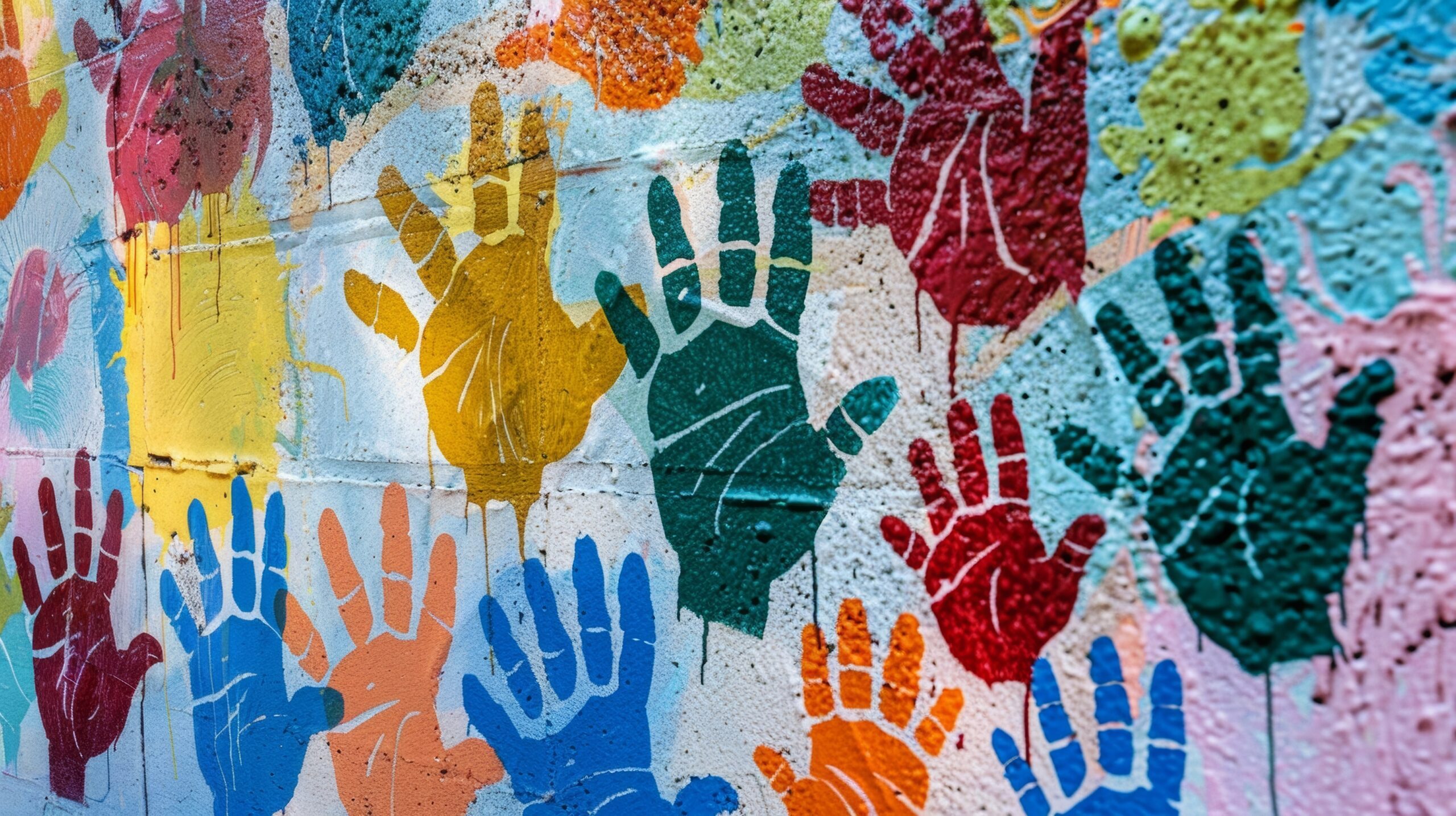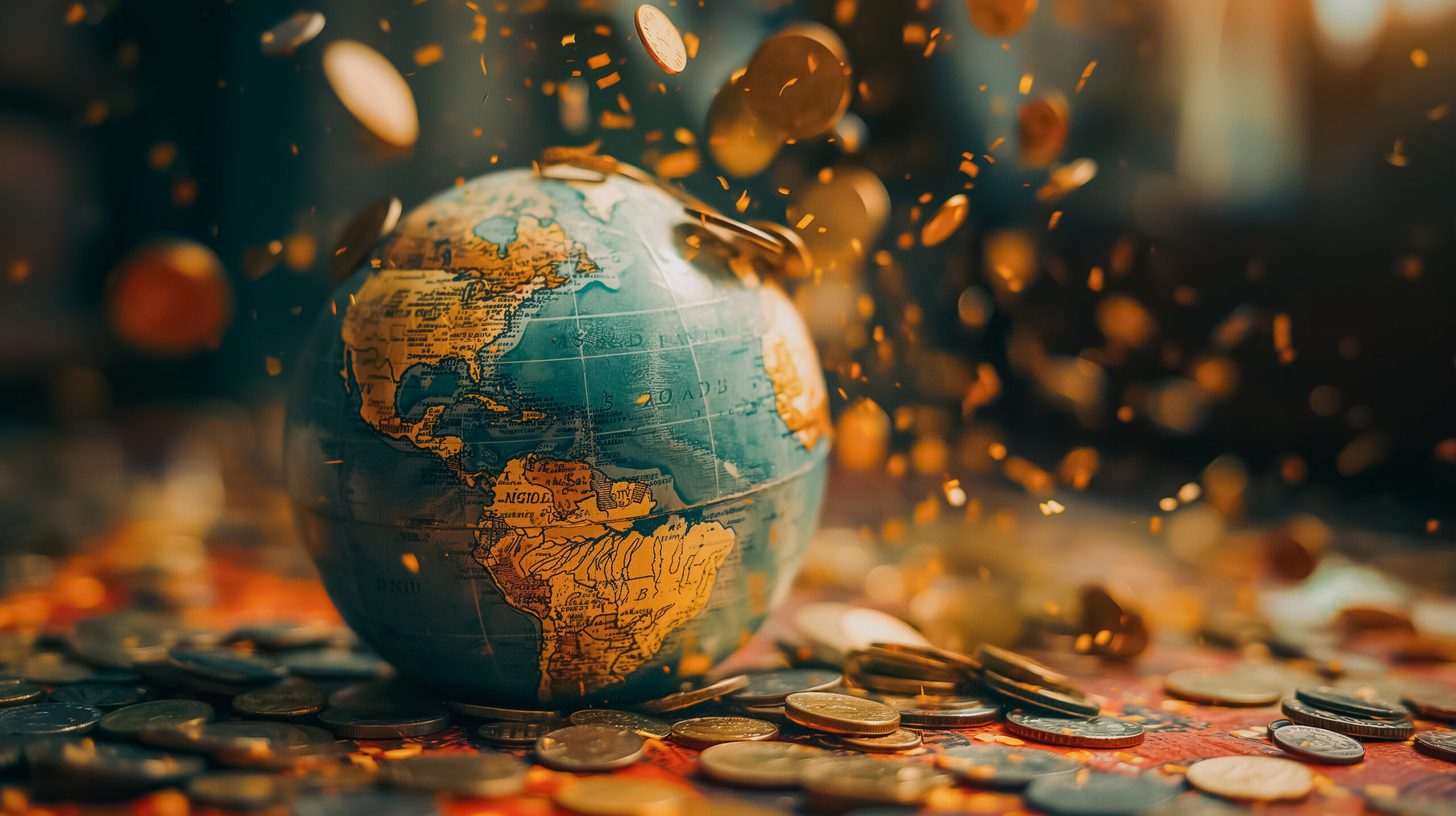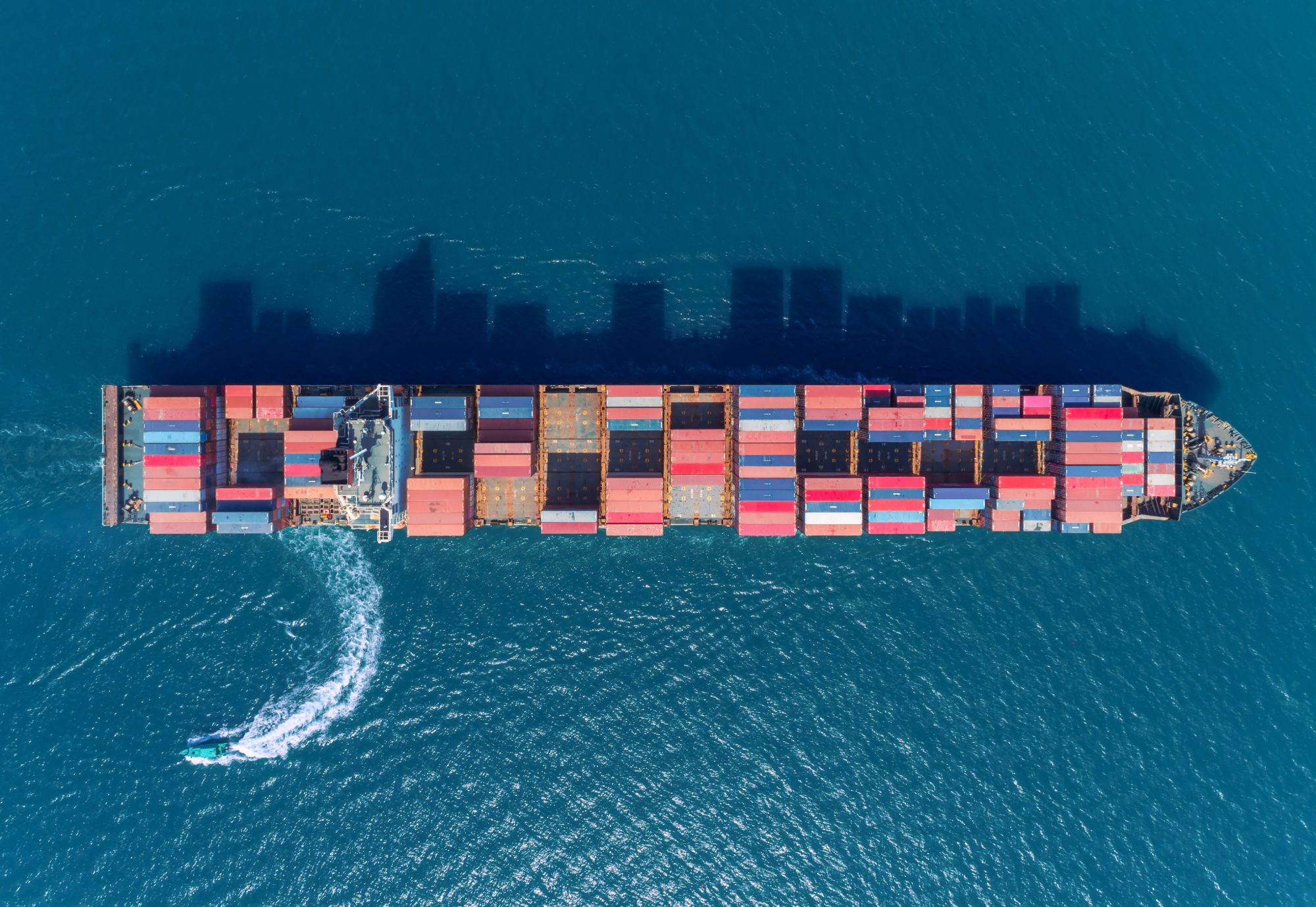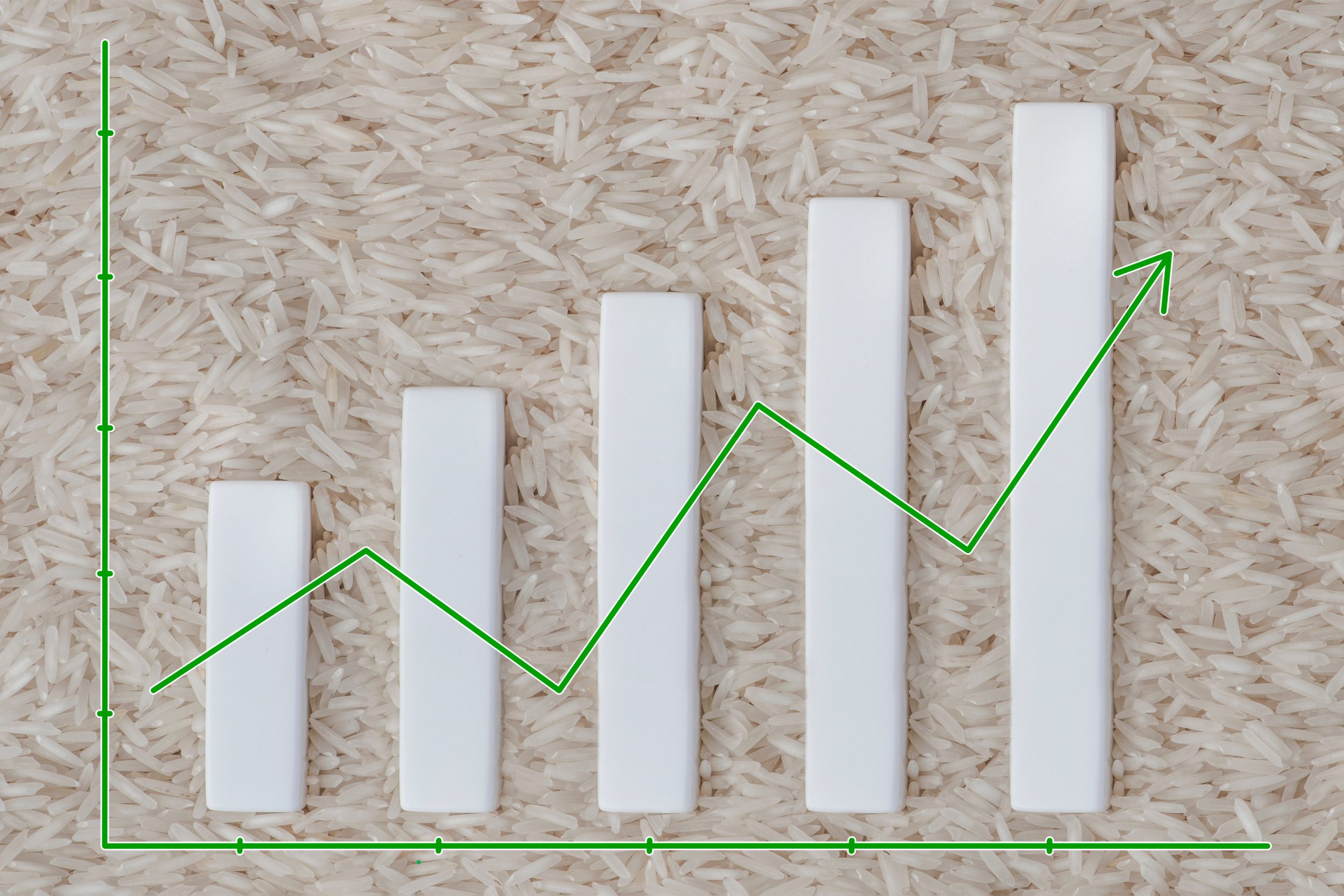This is Part Three of our three-part series of excerpts from a discussion held on June 5, 2024 between Marc Gwamaka, a Rwandan peace educator, and Supreme Hassan, a Massachusetts-based restorative justice practitioner, about their work, both of which is founded in providing spaces for people address their experiences of profound violence. The event was co-sponsored by the World Peace Foundation and the Generous Listening and Dialogue Center at the Tish College of Civic Life, both of us are based at Tufts University. It was moderated by Bridget Conley of World Peace Foundation, and hosted by Jonathan Tirrell of the Generous Listening and Dialogue Center. In Part 3, Marc and Supreme reflect about how communities heal from violence. The below are excerpts. Additional excerpts can be found in Part One and Part Two.
Marc Gwamaka
In our case, we chose restorative justice. But even with restorative justice, there is some punishment that comes with the action that someone does. And I think, let me give you an example. You can look it up, it’s in the New Times.
There’s a gentleman in Rwanda, I think it was last week, it was in the papers, who had spent 30 years in the ceiling, trying to run away from what he did. So he and his wife were imprisoned. But for the last 30 years, he’s been going up in the roof, hiding there. And then when the kids go to school, he’ll come out and, and come down, maybe be with his wife, but he was hiding from the community, and staying with the wife. Now, the reason I’ve come up with that told you that story, which actually you could also look up is that there are others who tried to even kill themselves. Right?
What I’m saying is that you can try to run away from one form of punishment, but you end up punishing yourself even harder. So the fear is that if I tell the truth, for example, I’m going to go to prison. But the other fear is, unforgiveness to self and that bitterness harms you yourself. But it can also cause other issues like this gentleman that I’m telling you about who kept on hiding. And I can imagine, in the climate that we live in, and thinking about the midday temperatures, when he’s up in the roof, isn’t that a bigger punishment than actually going to prison and being there?
Responsibility comes with accepting the punishment that will come with what you did. But also, it comes with the starting of the healing process that takes you to deal with what you’ve done. Now, there are many who will say don’t snitch on us. And I don’t think it’s only here, also in Rwanda. But eventually, it’s too difficult for you to keep bottled up. That will cause you other harm, like mental health. So, for me, my question would be, would you rather start the process of, first of all, by being responsible for what you did, but also going through the process of punishment if it’s going to come, and, I hope, above all, heal within, which frees you.
[…]
But beyond that, which world would you rather live in? The world where I’m so fearful of the unknown, or the world where I feel free, despite what I’ve done and I’ve dealt with. So to me, I feel like it’s one thing to fear what has happened, but it’s even much worse to be a captive of your own jail within you.
Supreme Hassan
I’m gonna pick right up on that. Everything you just espoused was my lived reality. Being in that hole, 23 hours a day for five years. I learned facilitation by asking myself the question of why and how. And, in that small place, there was nowhere for me to run. I was fortunate to be trained by this beautiful, Indian sister named Sonya Shaw. And through the training, she says, protect yourself. She has always said, protect yourself, and when you’re ready, it is about you and your work. No one can do it for you. I was taught as a Five Percenter that you cannot win anything by false. So that informed how I approach the work of restorative justice, that everything is by invitation. We can invite people coming back to me being that hole and not having the ability to run away from me.
One thing that came crashing down upon me, I come from a very, very large family is called the human family. My biological family is also large, eight brothers, four sisters and both parents. I realized that I never wanted to be ostracized from my family.
Reality for me was the moral arc of the universe is long, it bends towards justice. The way that we’re going as a society for maybe 25 years, if you can see or not, is towards justice. Our systems are eroding. People are acknowledging that these systems are no longer to the benefit of the welfare of human beings. So people are leaving.
I’m thinking about this trend that’s going on with formerly incarcerated folks. A trend that started before returning to society. Our brothers Ali and Kentel were on a podcast and we have this thing amongst us we say “gang.” I came out of a violent drug trafficking organization, that is another formal way of saying a gang. So when he says “gang,” it’s like we’re starting a new gang, where it is culturally appropriate to pursue college, that its culturally appropriate to stand up in a room of strangers and apologize publicly for the harm that you’ve caused. Its the modeling. Its the modeling. I know for an actual fact that a lot of my peers don’t want to be left out. They don’t want to be left out because they’re afraid of what it means to be alone. Coming back to something I said earlier. As human beings, we’re hardwired for connectivity in every aspect of the word. The worst prison, the worst that a human being could suffer is being alone.
[…]
Marc Gwamaka
One of the things that happens before you take someone’s humanity, you first take your own humanity. And it’s difficult for you to start dealing, even re-humanizing the people that were killed like the victims, without getting your humanity back. And one of the things that peace education does is to re-humanize people so that they can now start the process of even healing, but also accepting what they did their role, but also in the community as a whole. So that humanization process will lead you to even deal with your own emotions, but also it will lead you to bring dignity to those who are killed.
[…]
Supreme Hassan
[…] I think that we have a really important job to do. As men of credibility, men of influence, men of respectability. When I brought this work, when I wrote the proposal to the administration, I said, Listen, I talk with everybody in this community, that includes the gang member and the former gang member. They’re a part of this community. The problem has been that we’ve exiled them from the table of coming up with the solutions to the problems within the community. And talking to these brothers, [I say] you don’t have to come and talk about your crime. Talk about how you’re feeling; talk about the loss of your homie. And that started a mitigating process of healing that got them when they were at a place of readiness to start examining other aspects of their life where they would talk about those things.
[…]
Bridget Conley
It’s just been humbling and amazing to be able to spend time learning from two profound practitioners in work that is really difficult and sometimes simple in terms of this is what you have to do. But when you do the actual doing and the keep doing it — that’s the thing that’s amazing. You both have kept doing this work no matter how hard it is. So thank you both for coming.
Jonathan Tirrell
I started by saying how you know each of us are like every other person in some ways each of us are like some other people in other ways and each of us are like no other person. These two individuals are like no other people I’ve ever met and I could not be more grateful for the conversation today. I am really truly thankful to all of you for coming and for being part of this conversation and as Supreme and Marc both might say, go out and do the same thing and amongst your own communities and with your own people and let that web continue to grow and all good things ahead. Thank you.
This is the final installation of our three-part series of excerpts from Listening and Dialogue for Peace and Justice: A Roundtable Conversation, held on June 5, 2024. Follow the links for access to Part One and Part Two.



